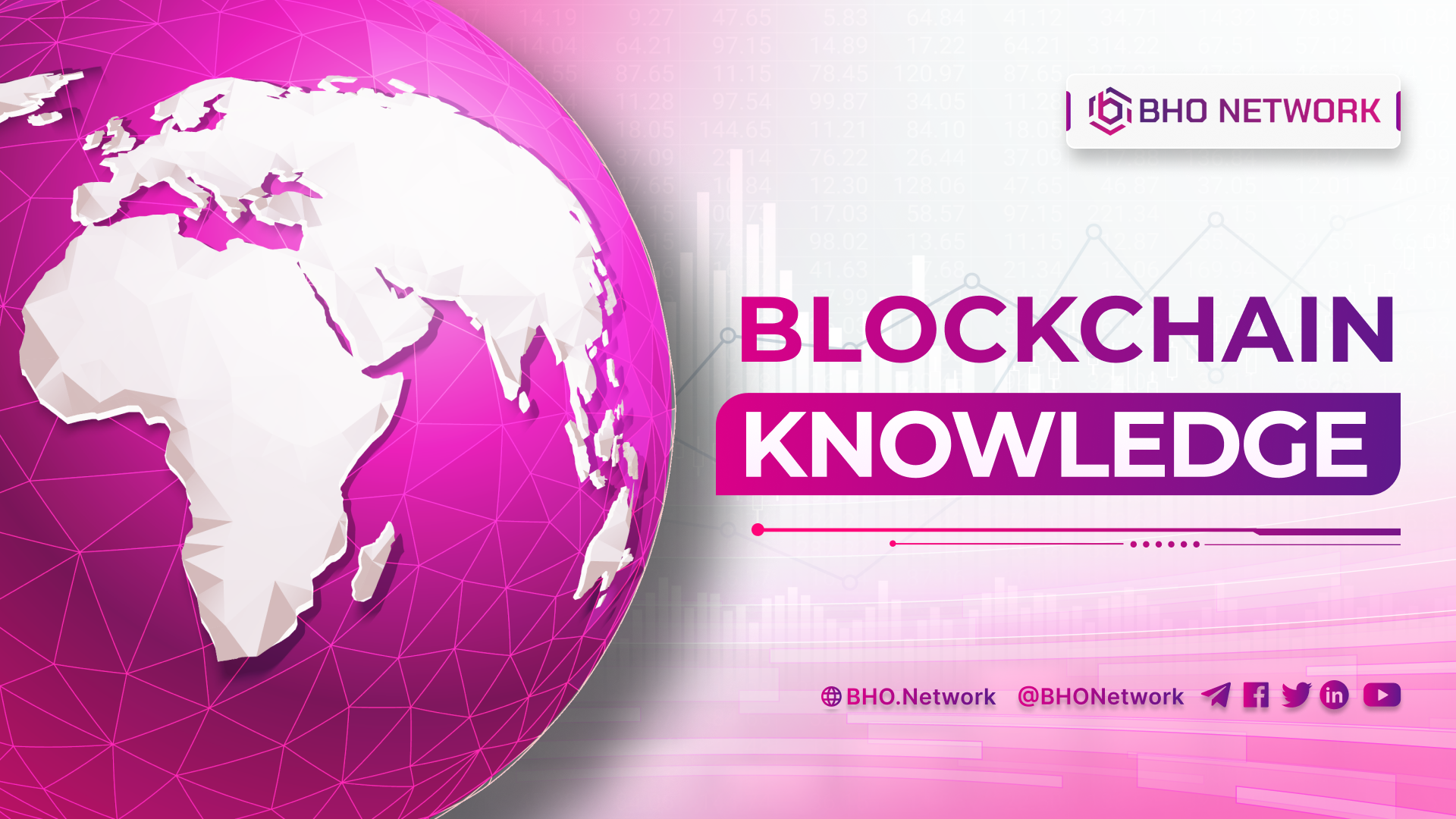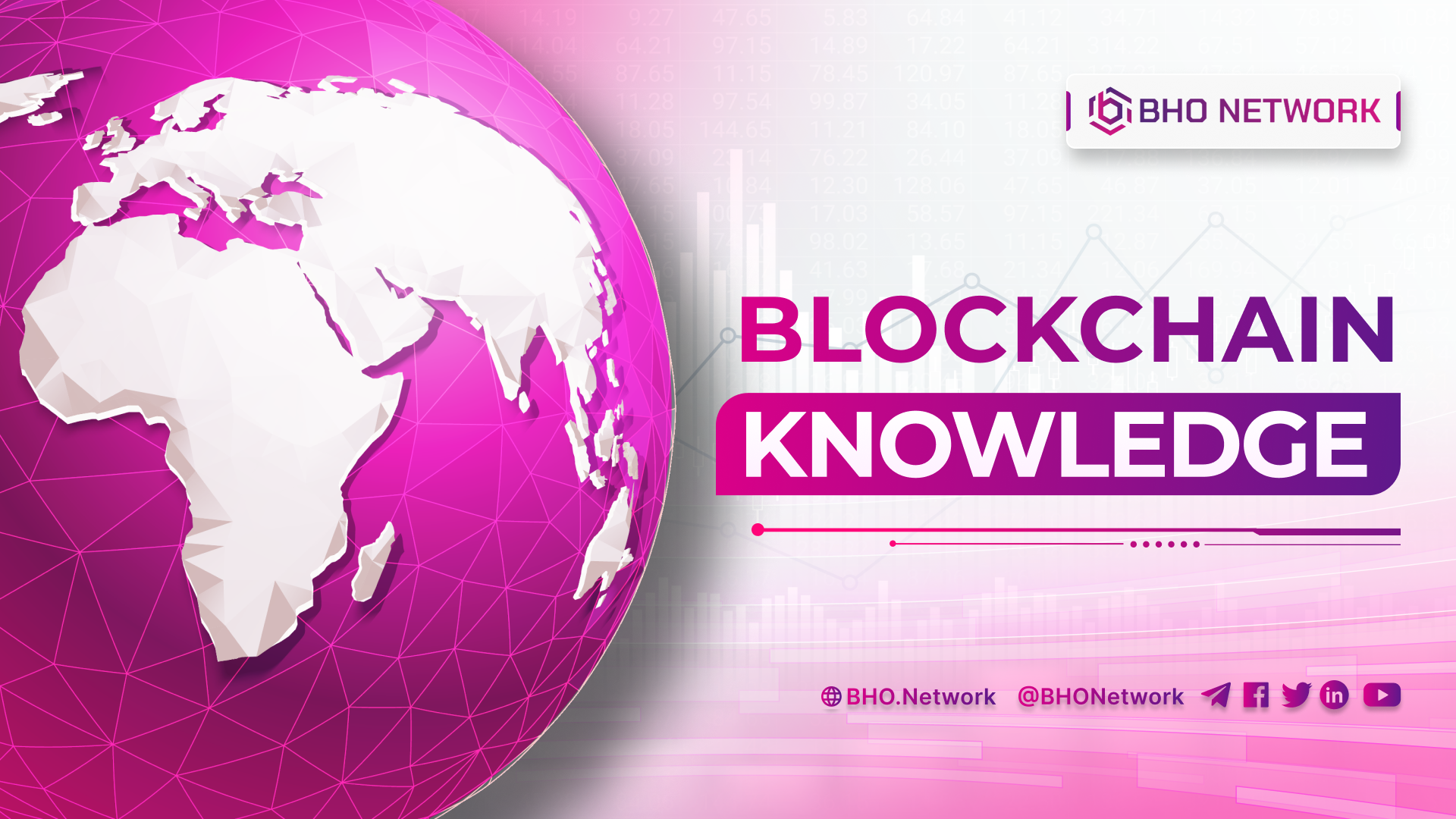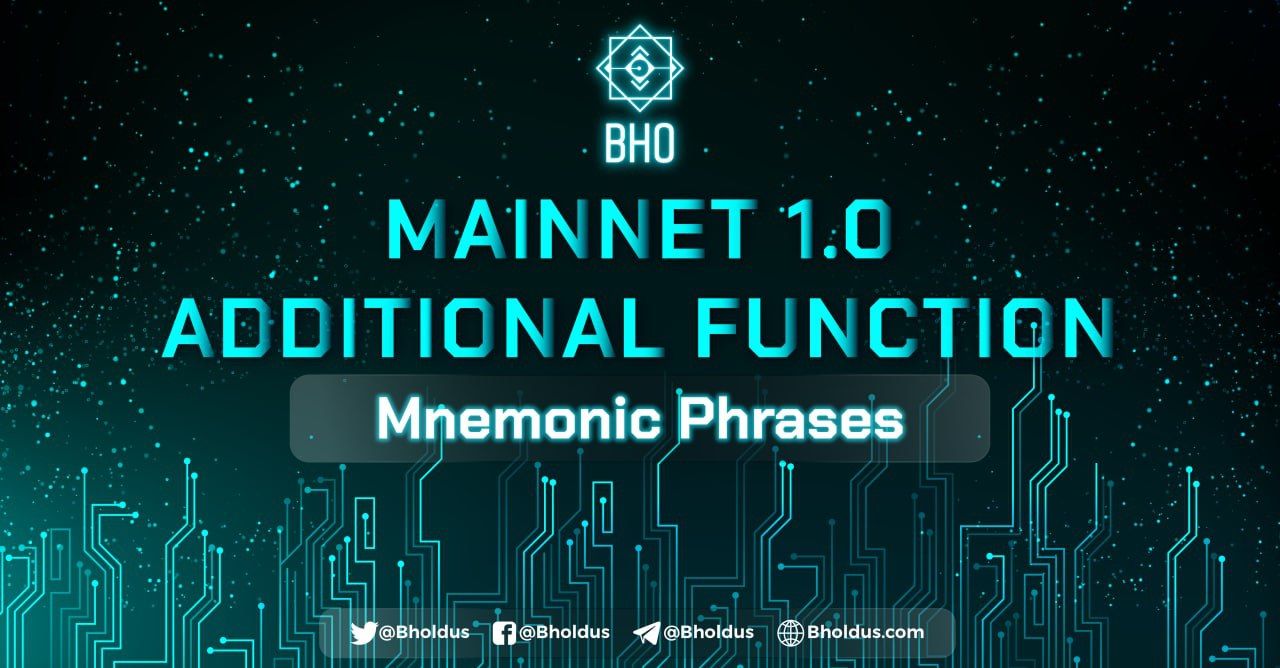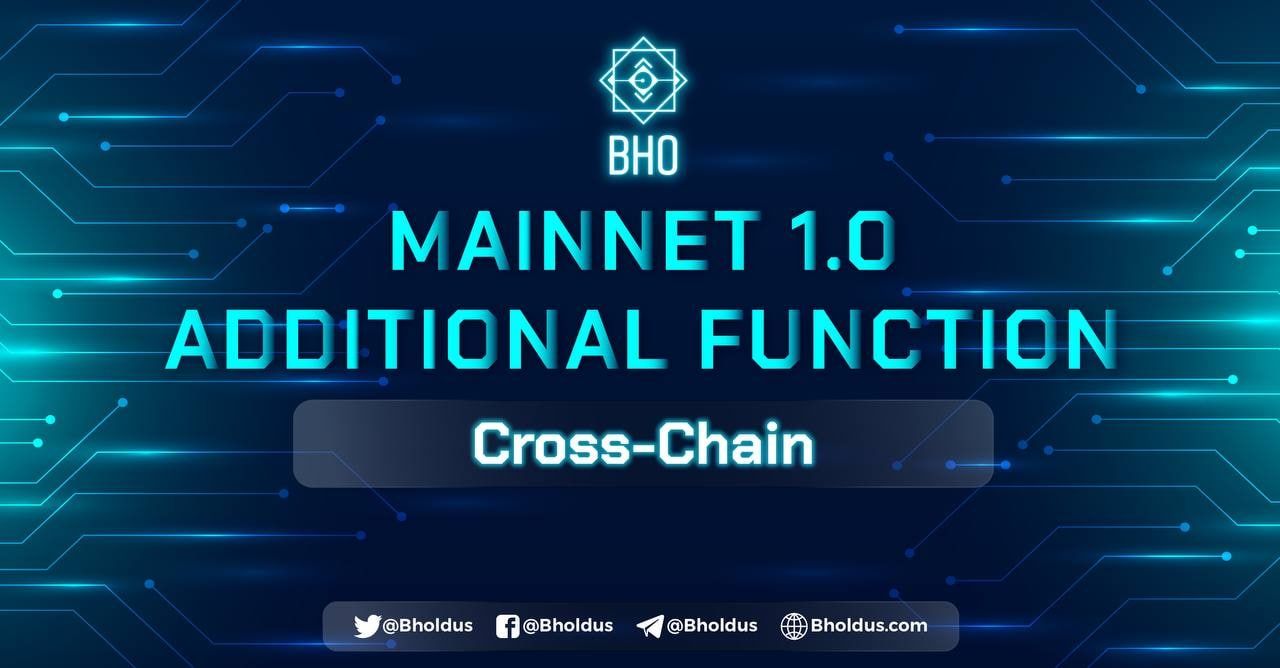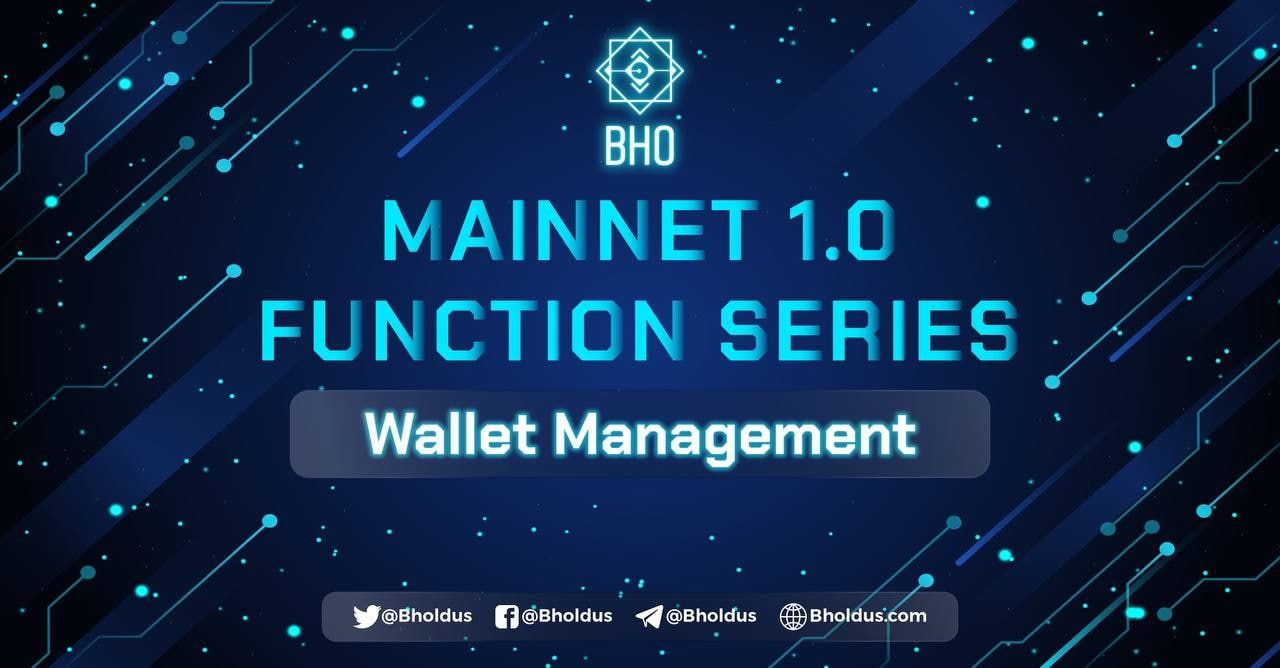- Blog
- Crypto News
- WHAT IS CEX? EVERYTHING ABOUT CENTRAL EXCHANGE (CEX)
WHAT IS CEX? EVERYTHING ABOUT CENTRAL EXCHANGE (CEX)
- What is CEX?
- How does a centralized exchange (CEX) work?
- Pros & Cons of Centralized Exchange (CEX)
- Pros
- Cons
- Some popular centralized exchanges (CEX) in Vietnam
- Binance
- Huobi
- FTX
- Gate
- MEXC
- Conclusion
To start buying and selling cryptocurrencies, investors will make transactions through cryptocurrency exchanges. In the crypto market, there are two types of exchanges, centralized exchanges (CEX) and decentralized exchanges (DEX). In this article, BHO Network will introduce in detail about centralized exchange (CEX) including: how it works, the pros & cons, and popular centralized exchanges today.
What is CEX?
CEX stands for Centralized Cryptocurrency Exchanges - or Centralized Exchanges. This exchange will be managed by large-scale cryptocurrency trading coordination organizations. The business model is similar to traditional asset exchanges such as stock exchanges.
In a nutshell, a centralized exchange (CEX) is a trusted third-party intermediary that provides trading, depositing and withdrawing services for cryptocurrencies and oversees the operations between buyers and sellers.
How does a centralized exchange (CEX) work?
Trading activities: Centralized exchanges (CEX) will allow investors to buy and sell cryptocurrencies with fiat currency. For example, a centralized exchange in Vietnam will allow the use of VND to buy cryptocurrencies (USDT, USDC...), then buyers can choose the cryptocurrency trading pairs (BTC/USDT, ETH/USDT, etc.) that they desire. In addition, most exchanges also provide additional services including asset custody, trading limit setting, leveraged trading, borrowing - lending, etc.
Transaction fee: Like stock exchanges, centralized exchanges (CEX) will charge a transaction fee from users through each cryptocurrency purchase or sale. However, the transaction fee is also quite low, ranging from 0.1% to 1.5%.
Trading Regulations: Centralized exchanges (CEXs) are regulated by institutions, and therefore must also comply with the operating regulations of the countries where they are licensed to operate. So, the exchange must comply with the legal regulations on identity verification (KYC - Know Your Customer) and anti-money laundering (AML - Anti Money Laundering), and ensure the rights as well as safety of investors.
Asset control: Any crypto assets when deposited or purchased on a centralized exchange (CEX) will be managed and controlled by that exchange. In addition, there are cases where the exchange locks abnormal deposits and withdrawals, which will prevent the transaction from happening as desired by investors. Therefore, choosing a reputable and secure electronic trading platform is essential.
Exchange Coin: Currently, most exchanges issue their own exchange coins to serve their ecosystem. Therefore, the needs and uses of exchange coins are also different. However, in general, exchange coins will often have the following use cases and characteristics:
-
Reduce transaction fees, easy to convert: When investors trade on the exchange, the transaction fee will be reduced if using exchange coins such as Binance coin (BNB), Gate token (GT), Huobi token (HT), etc. In addition, after the transaction, there will be a very small amount of cryptocurrencies that cannot be exchanged or sold for stablecoins, but can be converted to exchange coins for use, or collected for later liquidity.
-
Account upgrade: When the trading account is upgraded to a VIP account, depending on the trading volume, investors will be rewarded with exchange coins, depending on the exchange's marketing campaigns. Some exchanges often apply this form such as Binance, Okex, Gate, etc.
-
Launchpad participation: Holding a large number of exchange coins also helps investors to participate in early buying tokens of new projects listed on that exchange. Take the Binance exchange for example, the tokens opened on its Launchpad have very high returns (ROI).
-
Share profits from the exchange’s revenue: Just like dividends in the stock market, investors who buy and hold exchange coins will be able to earn a portion of the profits from the exchange. Some exchanges have applied this form such as BitMax, Kucoin, etc.
-
Furthermore, some exchange coins are built into a private blockchain that serves the entire ecosystem. That exchange coin will be used as transaction fees for dApps in that ecosystem, such as the BNB of the BNB chain ecosystem (formerly Binance Smart Chain).
Pros & Cons of Centralized Exchange (CEX)
Pros
- User experience: Centralized exchanges (CEX) often have a user-friendly interface, suitable for newbies to trade. In addition, the exchanges always have a 24/7 support team to help investors avoid asset loss during the process of buying and selling, depositing and withdrawing cryptocurrencies...
- Processing speed: Transactions on CEXs are faster than DEXs.
- High liquidity: It is easy to find buyers and sellers of cryptocurrencies on a centralized exchange. There is no liquidity limit like some projects at DEX products.
- 2FA and email-authentication: a typical Centralized Exchange (CEX) also integrates private keys through advanced security protocols 2FA and email-authentication to better protect investors.
Cons
- Control: All crypto assets on an exchange are 100% controlled by that exchange. The exchanges operate on the trust of investors.
- Anti-money laundering taxes and fees: Centralized exchanges must report to tax authorities in countries to avoid money laundering through the crypto market.
- Potential risks of hacker attacks: Investors still have the possibility of losing their assets when the exchange is attacked by hackers. In fact, there have been a number of centralized exchanges that have been hacked, such as Kucoin exchange with more than 200 million USD in 2020, AscendEx exchange with more than 77 million USD in December 2021, etc.
Some popular centralized exchanges (CEX) in Vietnam
Binance
Binance is the largest centralized exchange (CEX) in the crypto market in terms of trading volume. The exchange was founded in 2017 in Hong Kong by Changpeng Zhao (CZ).
At Binance, investors can easily buy and sell cryptocurrency deposit and withdrawal transactions. Some impressive numbers:
- Buy, sell and trade more than 600 coins and tokens
- The record for 24-hour trading volume on Binance exchange is up to $ 76 billion (the highest) real-time calculated is about more than $15 billion)
- There are 90 million trusted users registered to use Binance
- The lowest transaction fee is less than 0.1%
In June 2021, Binance started to allow NFT trading and became the first CEX exchange to have NFT Marketplace.
Huobi
Huobi is a centralized exchange (CEX) established in China and has representative offices in Japan and Korea. Considered as one of the top Chinese exchanges, Huobi has a trading volume that is in the top 10 in the crypto market. Besides, the exchange is also reputable and has not encountered any serious attacks.
- Users can trade more than 500 different coins and tokens
- 24h trading volume is over $1 billion (real-time)
- More than 10 million people registered to use Huobi.
FTX
FTX is founded in Antigua and Barbuda and has its headquarters in the Bahamas. One of the founders of FTX is Sam Bankman-Fried - the owner of Alameda Research fund and also a Market Maker in the crypto-investment world.
FTX is a cryptocurrency exchange built by traders, so their target audience is also traders. FTX focuses on providing derivatives trading products: option, leverage, highly volatile assets, etc.
Although just established in 2019, FTX is also in the top 5 largest centralized exchanges (CEX) in terms of trading volume. Currently, the trading volume of FTX in 24 hours is over 1 billion USD (real-time).
Gate
Gate was founded in 2013 - this is the oldest exchange with headquarters in China. Previously, Gate had a domain name of Bter.com, but in 2015 Bter.com was attacked by hackers and suffered a loss of up to 7000 BTC in the exchange's cold wallet. Then in 2017, when the government became more strict with cryptocurrency exchanges, the exchange changed the domain name to Gate.io.
Gate is also currently in the top 10 centralized exchanges (CEX) in terms of trading volume.
- Allows trading over 1,400 different cryptocurrencies
- 24h trading volume is over 1 billion USD (real-time)
- More than 10 million registered users of Gate
MEXC
MEXC was founded in 2018 (formerly known as MXC). The exchange is headquartered in Singapore. In addition to providing cryptocurrency trading services, MEXC also provides blockchain asset circulation services to help ensure the safety and security of assets for investors, thereby, making trading and investing more convenient and smarter.
On MEXC:
- 1524 cryptocurrencies of all kinds are tradable
- 24h trading volume approximately more than 1.9 billion USD
- More than 6 million registered users of MEXC
Conclusion
Nowadays, most people who are starting the crypto market can easily trade on centralized exchanges (CEX). Centralized exchanges are also constantly competing with each other via marketing strategies to attract and retain users, such as offering coins or tokens to investors with high trading volume. However, as an investor, you should choose for yourself top reputable exchanges to make transactions to avoid losing assets due to hackers, or some unsecured exchanges that may lock liquidity at any time.
Published on August 18, 2022
Tagged topics
